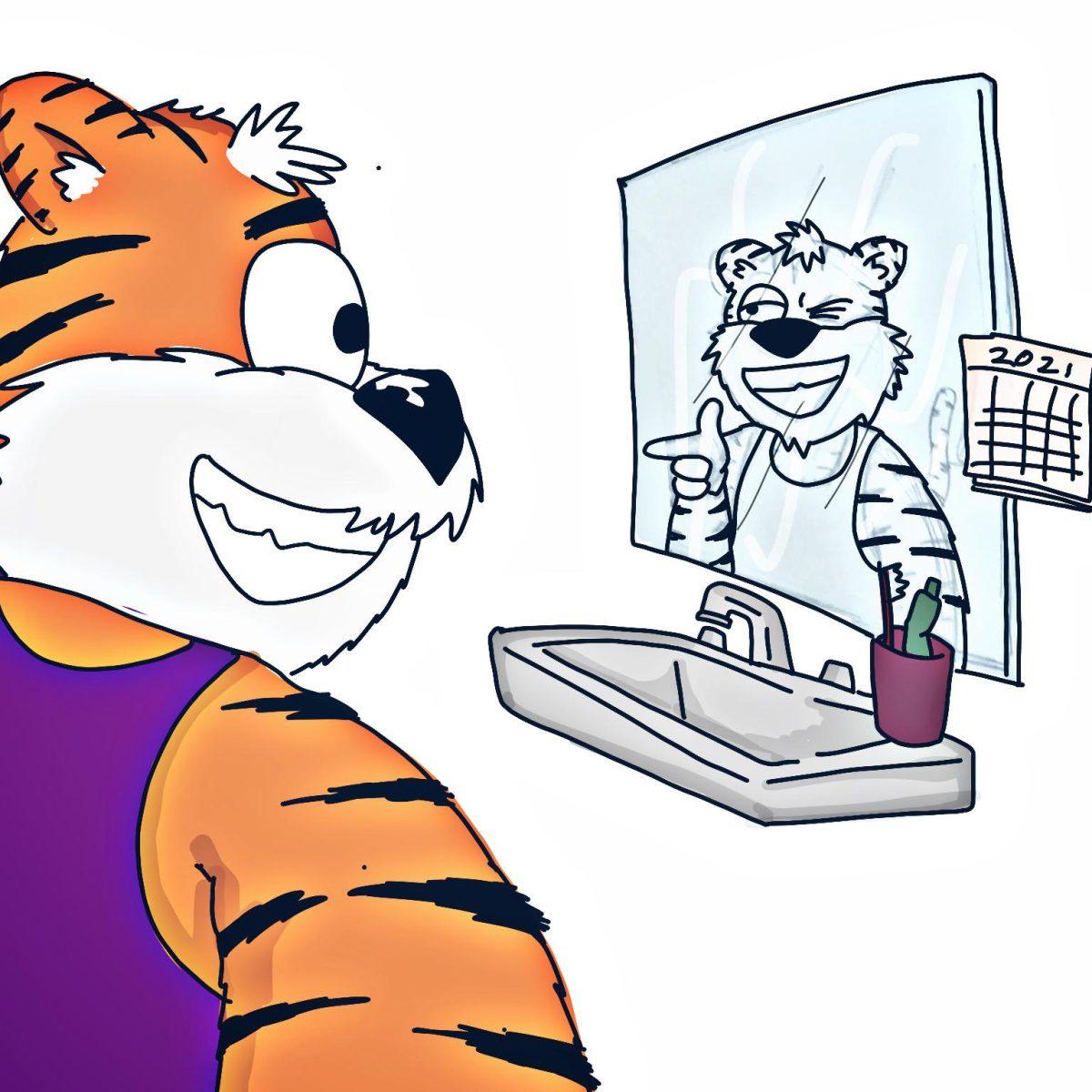As 2021 begins no less chaotic than 2020 ended, many have been looking hopefully to the future as they make their New Year’s resolutions. Is this the year they finally make the leap in their career? Lose those twenty pounds? Get back in the dating scene?
These resolutions are often made hastily, a byproduct of the languor and overindulgence of the post-Christmas, pre-New-Year’s-Eve season. People use their most immediate selves to make resolutions that look too eagerly to the unknown future.
The dominant narrative tells us to put last year “behind” us. We are told to focus on who we want to be instead of who we were, and that we should reinvent ourselves for the new year.
As a result, New Year’s resolutions tend to be shallow and meaningless. Such a myopic concentration on present flaws and perfect futures leads us to overlook our greatest resource: the past.
Before you make your New Year’s resolution — before you vow that the past is the past and to only look forward — pause for a second to reflect on the past year. Look back on the big personal moments and unexpected changes of the year (you’re sure to find a lot of those in 2020) and see if any major themes emerge.
Maybe you spent the past year questioning your identity. Maybe you became more spiritual. Maybe you found yourself embracing simple pleasures more than ever before, be it an evening walk or a fresh sheet of paper.
It can be difficult to recognize these large-scale personal evolutions, as change tends to occur so gradually. However, even small changes in media consumption or everyday rituals like bedtime routines can reflect larger trends.
To illustrate this, let’s look at my podcast listening habits. At the beginning of 2020, I was a huge news junkie and spent a lot of time dissecting the headlines with “The Daily” and “The NPR Politics Podcast.” By November 2020, I had become obsessed with the intimate storytelling and thematic programming of “This American Life.” As I transitioned from stories of political primaries to primary school reminiscing, a subtle yet important change was simultaneously happening in how I approached and communicated with people.
Throughout 2020 I grew more interested in the micro than the macro, fascinated by the fragments of individuality I saw in my peers. I realized for the first time that the neuroses and delights I take for granted may be foreign to my friends. Instead of engaging with people on news and pop culture events, I’m now more likely to ask someone about their grandparents.
Once you reflect on the past year and come to terms with your growth, you can evaluate more accurately what you want to accomplish in the new year. Your resolutions will be more meaningful and specific than anything born out of bloating and hangover headaches on January 1st, leaving you primed for another year of bountiful self-discovery.
Cécile Girard is a 20-year-old psychology junior from Lake Charles.







